Acupuncture for Anxiety
How This Ancient Practice Calms the Modern Mind
In our fast-paced, constantly connected world, anxiety has become more than a buzzword—it’s a daily struggle for millions. According to the Anxiety & Depression Association of America, anxiety disorders affect over 40 million adults in the U.S. alone. While medications and therapy have their place, more and more people are turning to time-tested, natural methods to ease their minds. One of the most powerful? Acupuncture.
Acupuncture, a cornerstone of Traditional Chinese Medicine (TCM), has been practiced for over 2,000 years. Known for restoring balance in the body, it's now gaining mainstream recognition for its calming effects on the nervous system. In this article, we’ll explore how acupuncture can help relieve anxiety, what to expect during treatment, and how this ancient technique soothes the modern mind.
Understanding Anxiety Through Two Lenses—Western Medicine vs. TCM
In Western medicine, anxiety is often explained as an imbalance in brain chemistry. It involves the overstimulation of the nervous system, excessive cortisol production (the stress hormone), and imbalances in neurotransmitters like serotonin and dopamine. Symptoms range from racing thoughts and restlessness to physical issues like rapid heartbeat and insomnia.
In Traditional Chinese Medicine, anxiety is seen as a disruption in the flow of Qi (vital energy) and an imbalance of the Zang-Fu organs, particularly the Heart, Liver, and Spleen.
The Heart houses the Shen (spirit); when disturbed, symptoms like insomnia, restlessness, and palpitations appear.
The Liver is responsible for the smooth flow of Qi—when it stagnates, irritability and mood swings follow.
The Spleen, weakened by overthinking and worry, contributes to fatigue and digestive upset, both common in anxiety.
From this holistic perspective, anxiety isn’t just mental—it's emotional, physical, and energetic.
How Acupuncture Calms Anxiety, A Mind-Body Reset
Acupuncture works by inserting ultra-thin needles into specific points on the body to rebalance the flow of Qi. But what does that actually do?
🔹 It Activates the Parasympathetic Nervous System
Acupuncture helps shift the body from a "fight or flight" state to "rest and digest." This calms the heart rate, lowers blood pressure, and eases muscle tension—creating an almost meditative state.
🔹 It Regulates Stress Hormones
Studies show that acupuncture can reduce levels of cortisol, the body’s main stress hormone, while increasing endorphins, which promote feelings of well-being.
🔹 It Moves Stagnant Liver Qi
By restoring the smooth flow of Qi, acupuncture helps relieve the irritability, frustration, and restlessness associated with anxiety.
🔹 It Grounds the Shen
By nourishing the Heart and calming the mind, specific points help anchor the Shen, bringing mental clarity and emotional stability.
Common Acupuncture Points Used for Anxiety
Acupuncturists choose points based on individual diagnosis, but here are a few commonly used to ease anxiety:
Yintang (the “third eye”): Calms the mind and eases restlessness
Shen Men (HT7): Nourishes the Heart, soothes irritability and insomnia
Pericardium 6 (PC6): Helps with chest tightness and nausea related to anxiety
Liver 3 (LV3) and Large Intestine 4 (LI4): Move stagnant Liver Qi and release tension
Ear points (Shen Men, Point Zero): Used in auricular acupuncture and ear seed therapy to promote deep relaxation
These points work synergistically to bring the body and mind back into harmony.
What to Expect During an Acupuncture Session for Anxiety
If you’re new to acupuncture, it’s completely normal to feel a little nervous (ironic, we know!). But rest assured, the experience is typically gentle, grounding, and deeply relaxing.
🔹 The Initial Consultation
Your first session begins with a detailed conversation about your health history, emotional well-being, sleep patterns, digestion, and lifestyle. In Traditional Chinese Medicine, everything is connected, so your practitioner will also check your pulse and look at your tongue—two essential diagnostic tools in TCM.
🔹 The Treatment
You’ll lie comfortably on a padded treatment table, often under a cozy blanket. Your acupuncturist will insert fine, sterile needles into selected points—most people feel a light pinch or nothing at all. Once the needles are in place, you’ll simply rest for about 20–30 minutes. Many patients describe this time as “meditative,” “dreamy,” or “the best nap ever.”
🔹 Aftercare and Frequency
After your session, you may feel more grounded, calm, and even a little sleepy. This is your nervous system slowing down and recalibrating.
For anxiety, we often recommend starting with 1–2 sessions per week for a few weeks, then tapering as your symptoms improve. Acupuncture has a cumulative effect, so consistency really matters.
What the Research Says: Can Acupuncture Really Help with Anxiety?
Yes—and there's growing scientific support to back it up.
Multiple studies have shown that acupuncture can significantly reduce symptoms of generalized anxiety disorder (GAD), panic attacks, PTSD, and even preoperative anxiety. It’s believed to work by regulating the hypothalamic-pituitary-adrenal (HPA) axis, calming the sympathetic nervous system, and boosting feel-good neurotransmitters like serotonin.
In one 2021 meta-analysis, researchers concluded that acupuncture was as effective as cognitive behavioral therapy (CBT) and more effective than medications in some cases, especially when patients wanted a non-pharmaceutical approach.
And remember, while it can be incredibly effective on its own, acupuncture can also complement therapy, medication, and other wellness practices for a truly integrative approach.
Simple Ways to Support Your Mental Health Between Sessions
While acupuncture is powerful, your lifestyle choices play a big role in how well you manage anxiety. Here are a few TCM-inspired tips to support your calm, naturally:
🌿 Herbal Support
Ask your practitioner about gentle formulas like:
Xiao Yao San (Free & Easy Wanderer): Great for stress and irritability
Gan Mai Da Zao Tang: Nourishes the Heart and helps with insomnia
Suan Zao Ren Tang: Calms the spirit, especially for sleep disturbances
🥣 Nourish Your Spleen & Calm the Heart
Eat warm, cooked meals regularly—especially breakfast
Avoid excess sugar, caffeine, and cold/raw foods
Incorporate anxiety-soothing foods like oats, sweet potatoes, chamomile, and jujube dates
🌬️ Mindful Movement & Breath
Gentle practices like Qi Gong, yoga, walking, or deep belly breathing can help move stuck Qi and reduce anxious energy.
🌙 Prioritize Rest
Aim for a consistent bedtime, disconnect from screens at least an hour before sleep, and consider a short evening meditation or journaling session to settle your mind.
FREQUENTLY ASKED QUESTIONS?
-
How quickly will I feel results?
Many people notice a shift in their first few sessions—sometimes after just one! That said, anxiety that's been around for a while may take a bit more time. Most people see real progress within 4–8 treatments. -
Absolutely. Acupuncture is a safe, complementary approach and often works beautifully alongside other forms of care.
-
You’re not alone! Acupuncture needles are about the width of a human hair, and most people find them painless. Some even say they forget they’re in at all!
-
More plans are starting to offer coverage for acupuncture—especially for anxiety and chronic pain. Be sure to check with your provider, or ask your practitioner if they can provide a superbill.
Final Thoughts… A Calmer Mind Is Within Reach
Anxiety doesn’t have to control your life. Whether you’re feeling overwhelmed, struggling with sleep, or just looking for a more grounded way to navigate stress, acupuncture offers a deeply restorative path forward.
This ancient practice brings your body, mind, and spirit back into balance—something that’s sorely needed in today’s world. And while it’s not an overnight fix, with consistency and care, you can absolutely feel better.
✨ Ready to feel calmer and more centered?
Book a session today or reach out for a free 15-minute consultation. Your nervous system will thank you.
References
https://annals-general-psychiatry.biomedcentral.com/articles/10.1186/s12991-021-00327-5
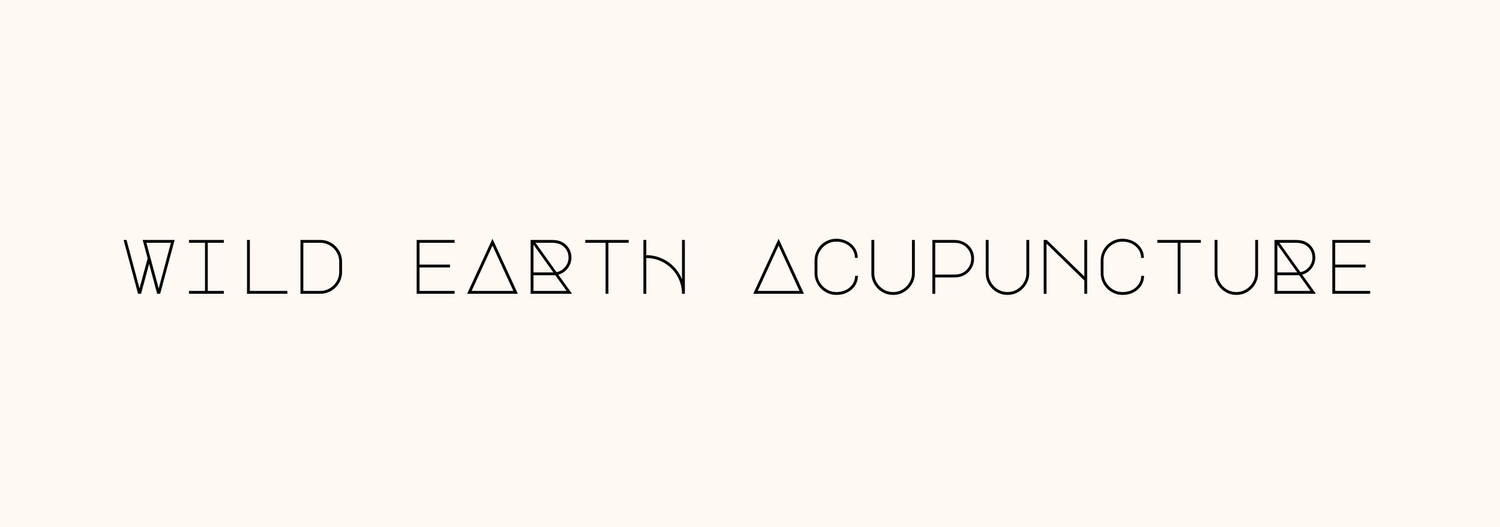



















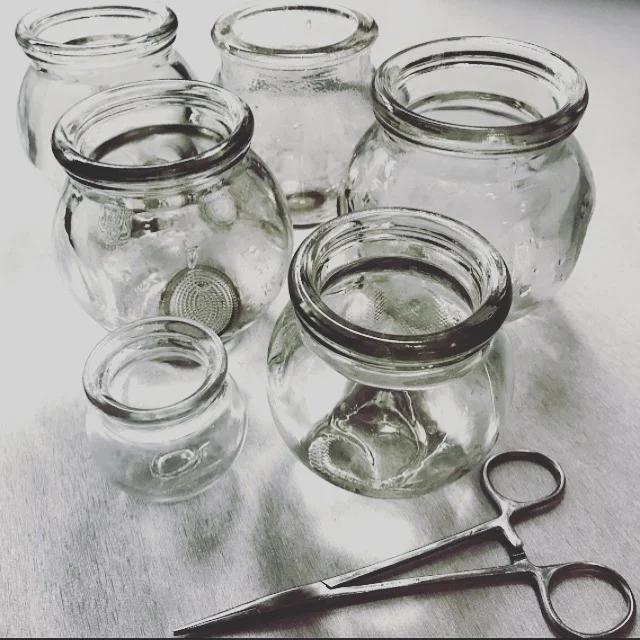

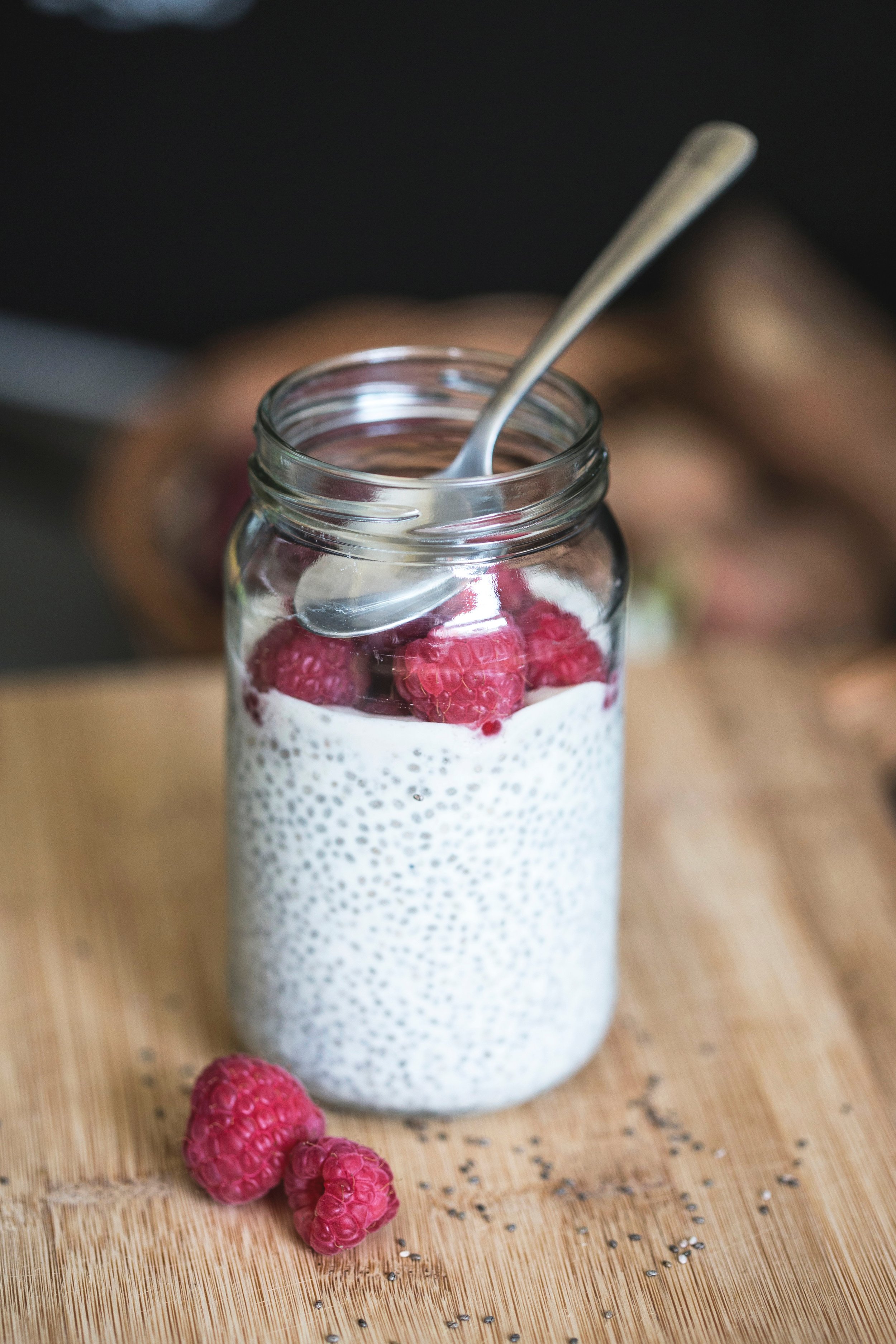





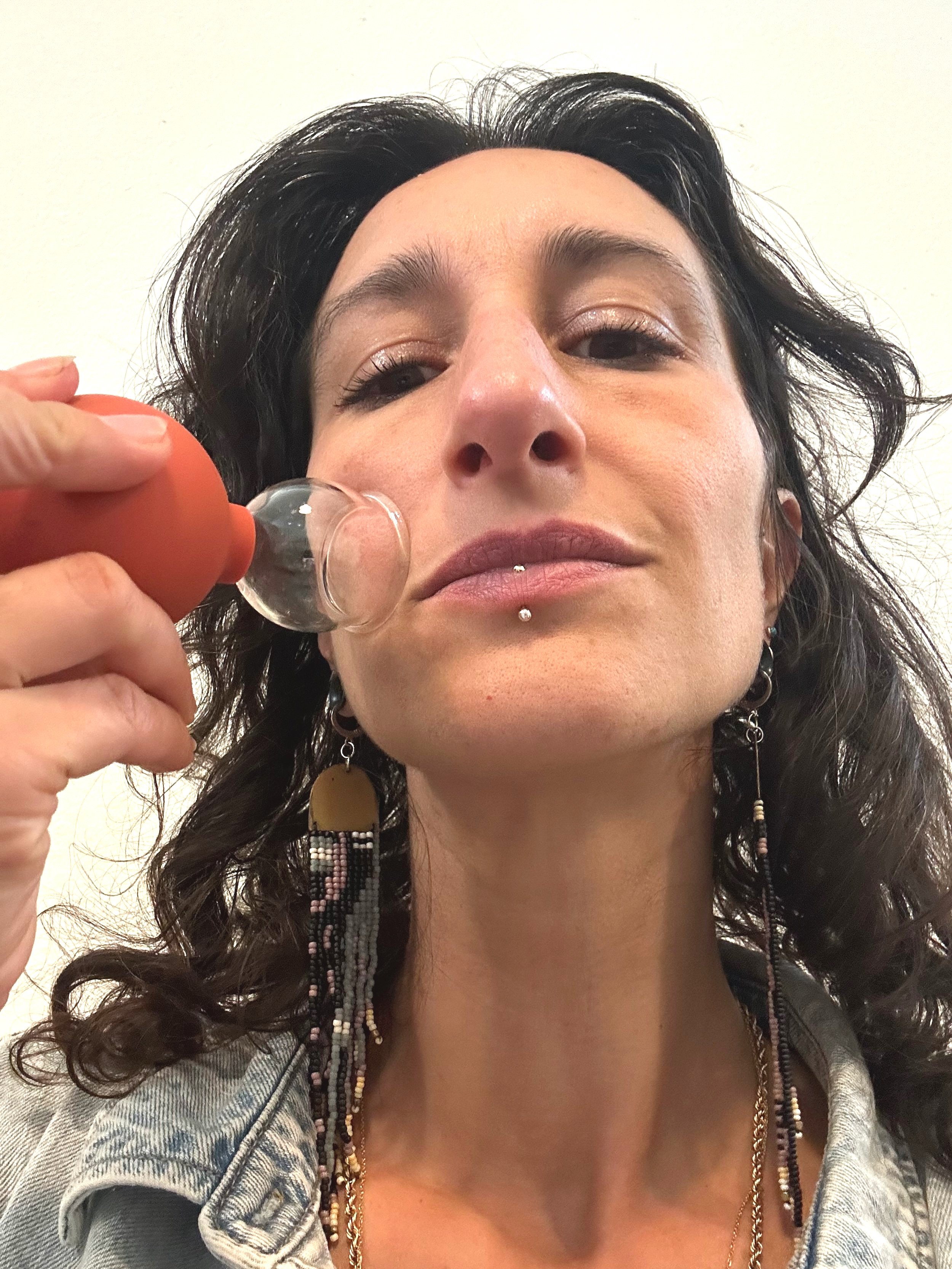



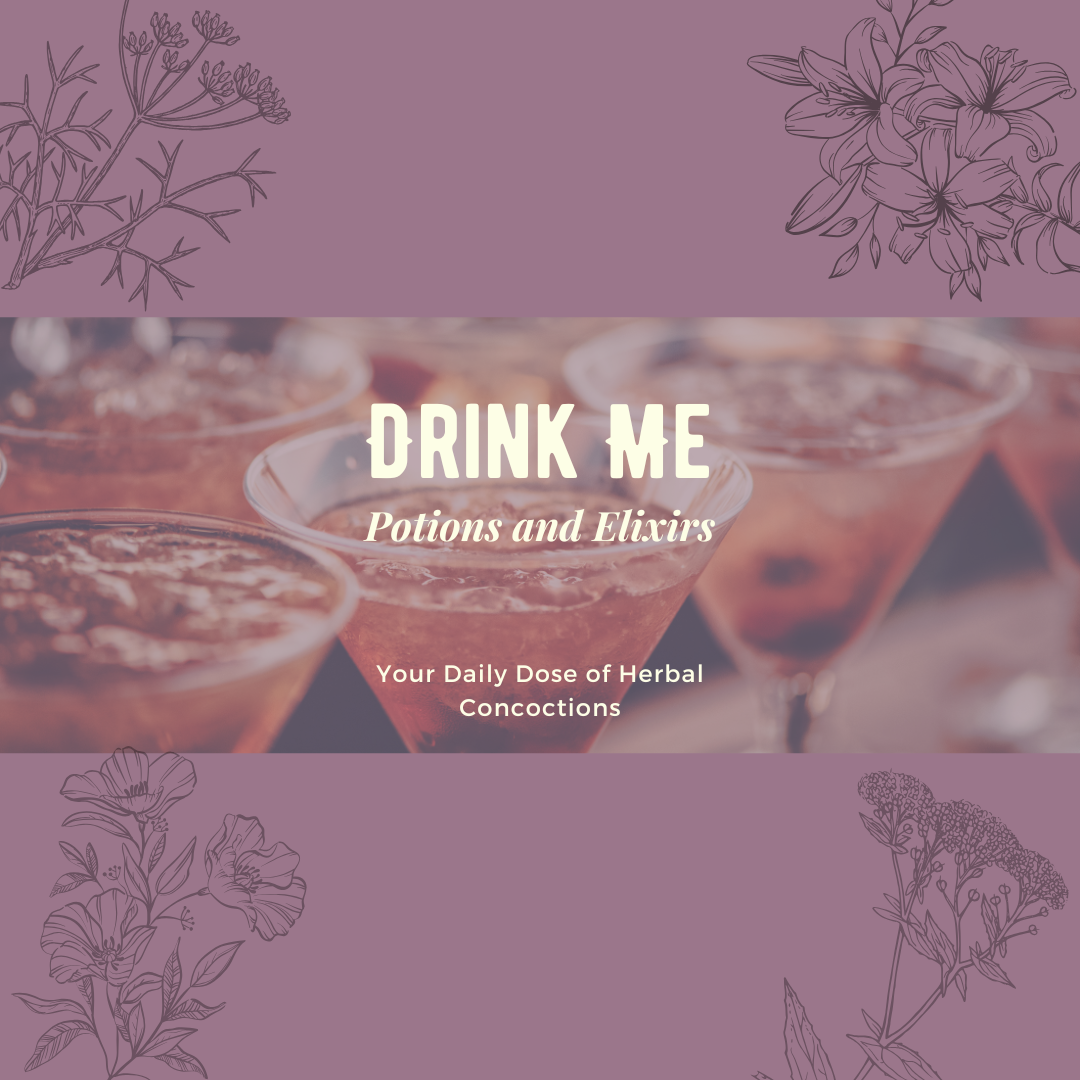
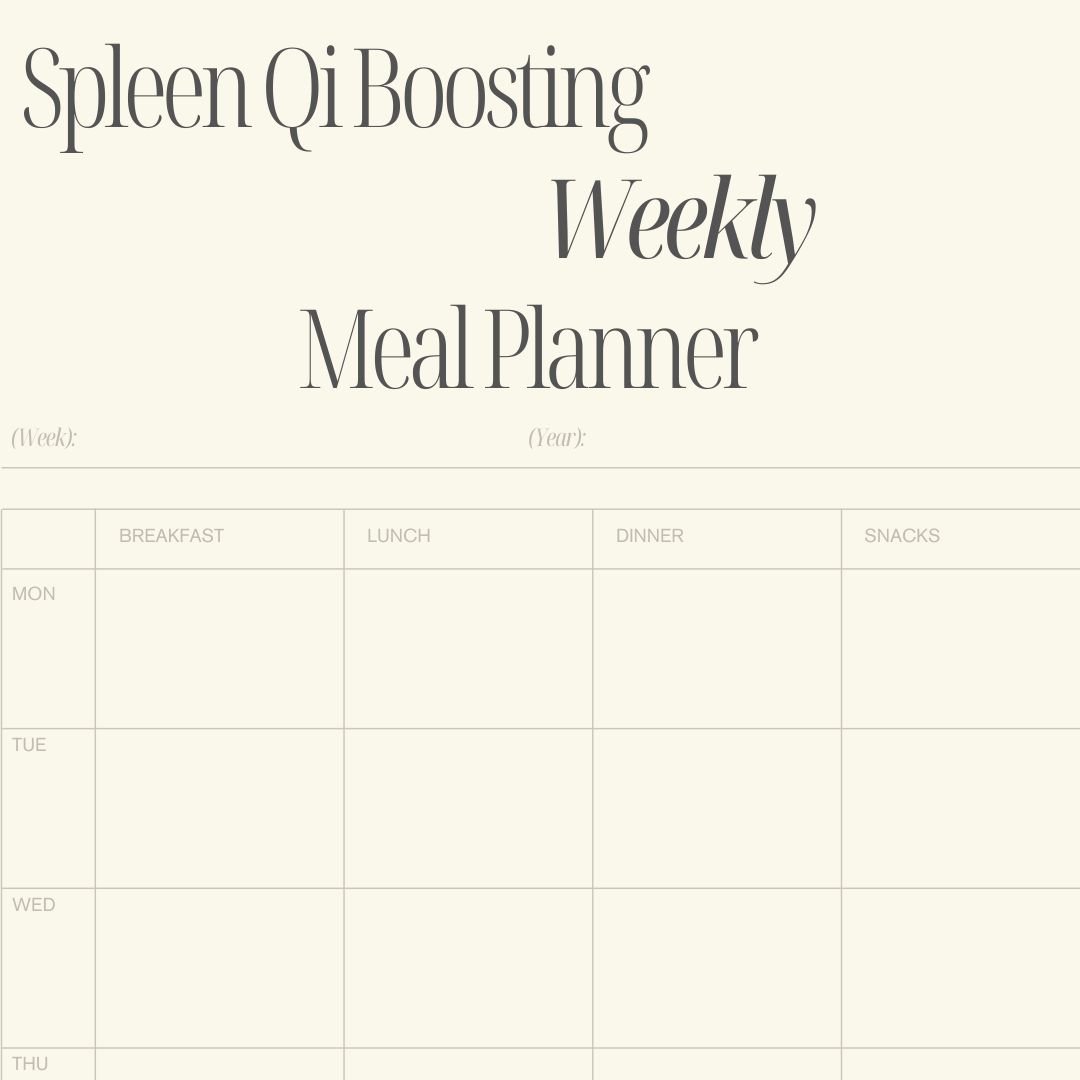





Learn about Kidney Yang Deficiency in Traditional Chinese Medicine, including signs, symptoms, food choices, and lifestyle tips to restore balance and vitality. Discover a warming recipe to support Kidney Yang health.